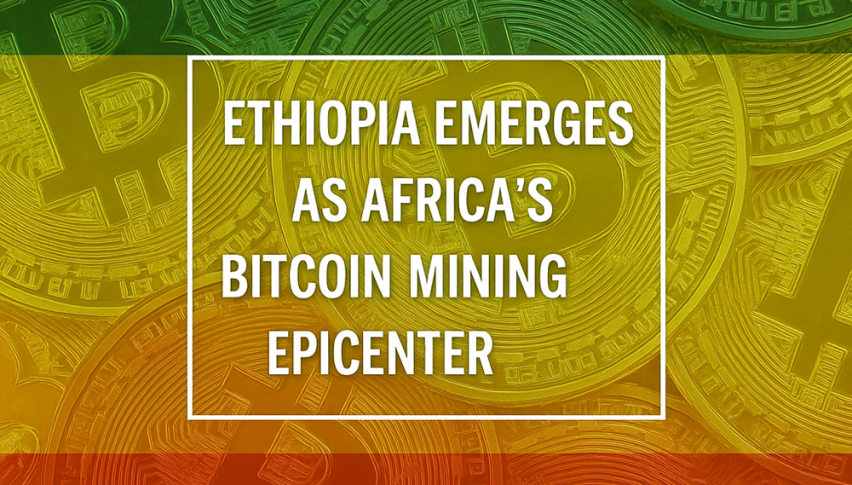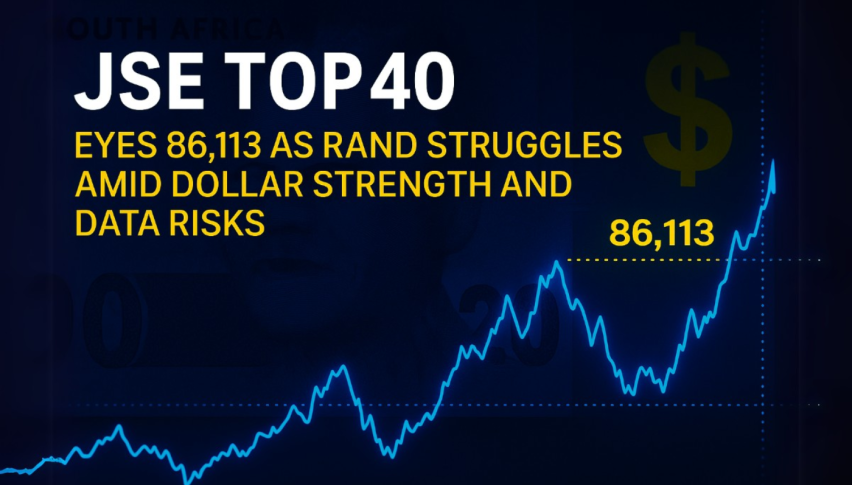Bitcoin Mining Shift – Ethiopia Eyes 7% Global BTC Hashrate in 2025
Ethiopia's potential for renewable energy and investment attraction have made it a vital base for the rapidly expanding Bitcoin mining...

Quick overview
- Ethiopia is emerging as a strategic hub for Bitcoin mining due to its renewable energy potential and investment appeal.
- The country's hydroelectric power, particularly from the Grand Ethiopian Renaissance Dam, provides cheap electricity for mining operations.
- Ethiopia currently contributes about 2.5% to the global Bitcoin hash rate, with projections to increase this share significantly.
- Bitcoin mining is generating approximately $65 million annually for Ethiopia, positioning the country as a potential crypto-driven economic leader in Africa.
Live BTC/USD Chart
Ethiopia’s potential for renewable energy and investment attraction have made it a vital base for the rapidly expanding global Bitcoin mining industry.
A Mining Migration After China’s Ban
The global Bitcoin mining industry underwent a major shift in 2021 after China enforced a comprehensive ban on all mining activities. This abrupt exit by one of the world’s dominant players left a power vacuum—creating new opportunities for countries with untapped, low-cost energy resources. Ethiopia quickly emerged as a compelling destination.
In the years that followed, mining firms such as BitFuFu, Munich International Mining (MIM), and BIT Mining (BTCM) moved in swiftly. Together, they finalized a $14 million agreement to secure 51 megawatts (MW) of mining capacity and deploy nearly 18,000 mining rigs. In a notable move, BIT Mining recently purchased a 51 MW Bitcoin facility along with 17,869 rigs for $14.3 million, marking a strategic foothold in Africa’s growing crypto mining sector.
Why Ethiopia? Abundant and Affordable Renewable Energy
Ethiopia’s appeal lies in its plentiful and inexpensive supply of hydroelectric power. The Grand Ethiopian Renaissance Dam (GERD)—Africa’s largest hydro project—has significantly boosted the nation’s electricity output. With the capacity to generate 16,000 gigawatt-hours annually, Ethiopia now produces far more power than it consumes, and the excess is being redirected to energy-intensive industries like crypto mining.
Compared to established mining hubs like the U.S. Midwest, Ethiopia’s electricity costs are significantly lower—often by more than half. This cost advantage has made it an ideal environment for operating high-performance ASIC mining rigs. Substations located near the GERD are now providing direct, stable power to mining operations, further enhancing efficiency and uptime.
A Rapidly Growing Mining Footprint
Currently, Ethiopia contributes around 2.5% to the global Bitcoin hash rate. According to local mining operator Kal Kassa, that number is expected to more than double by the end of the year. Domestic mining operations are projected to consume 600 megawatts of power in the near term and could scale to 1 gigawatt—pushing Ethiopia’s share of the global hash rate to roughly 7%.
Ethiopia’s Revenue and Strategic Potential
Bitcoin mining is already generating approximately $65 million per year for the Ethiopian economy. If hash rate expansion continues on its current trajectory, that revenue could increase significantly. With more miners and infrastructure entering the country, Ethiopia has a chance to become not onl y an energy-exporting nation but also a crypto-driven economic leader in Africa.
The Broader Vision for Digital Development
Ethiopia’s strategic pivot into the Bitcoin mining space reflects a broader ambition to modernize its economy through digital infrastructure. While there are risks—such as regulatory uncertainty or reliance on energy-heavy industries—the current trajectory suggests that Ethiopia is laying the groundwork for a new era of innovation and cross-border digital participation.
As the world increasingly looks toward renewable-powered Bitcoin mining solutions, Ethiopia’s early-mover advantage could pay long-term dividends, transforming the nation into a regional tech and blockchain hub.
- Check out our free forex signals
- Follow the top economic events on FX Leaders economic calendar
- Trade better, discover more Forex Trading Strategies
- Open a FREE Trading Account




